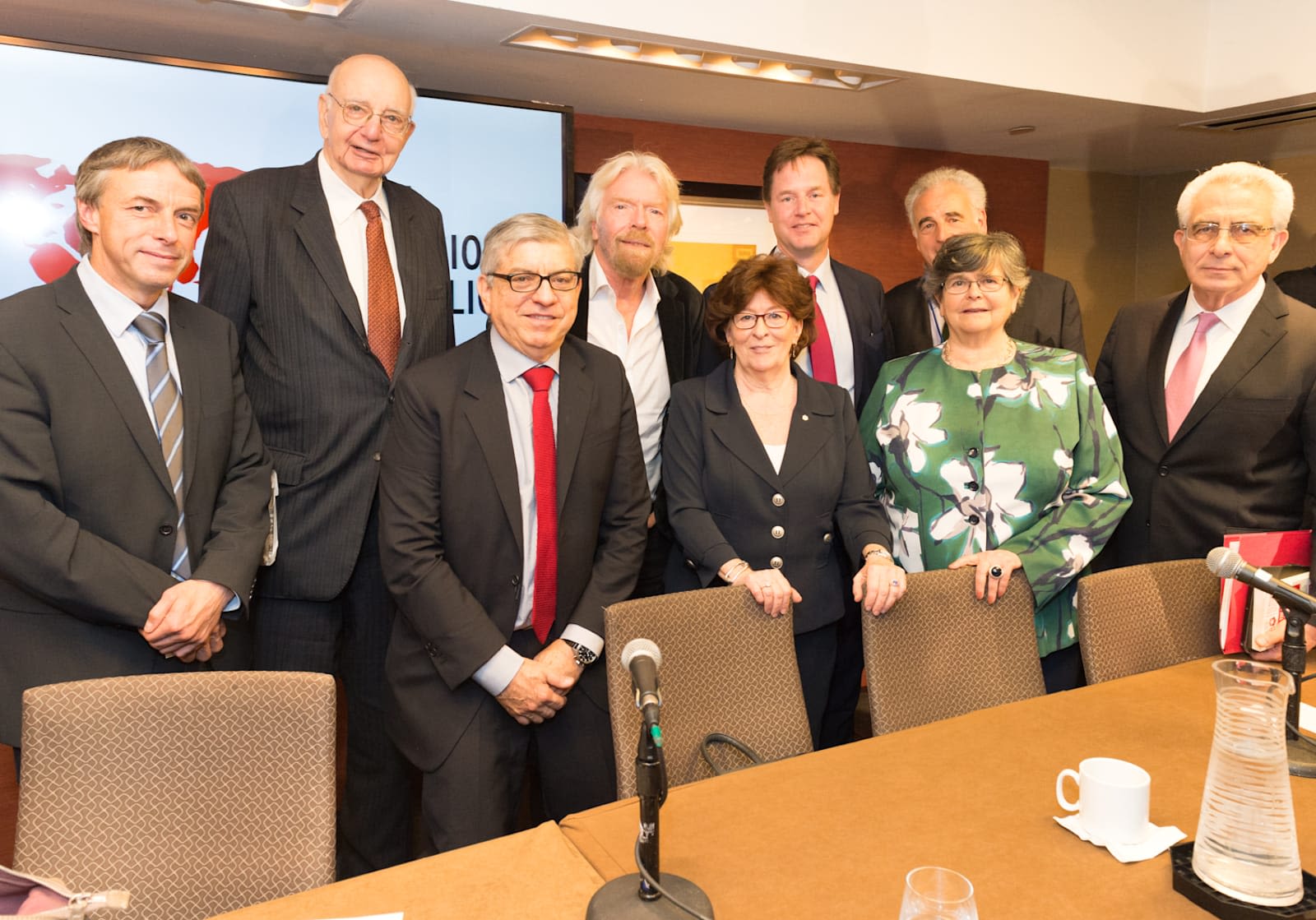Time to make drug policies work for people and communities
In early July, Edinburgh was the site of the annual plenary of the Global Commission on Drug Policy, a group of global leaders lobbying governments worldwide for drug policies that put people’s health and safety first. I’ve been a member of the Commission since its founding in 2011.
The so-called “war on drugs”, first launched by US President Richard Nixon in 1971, ushered in an era of zero-tolerance policies including heavy-handed policing, prosecution, and mass incarceration that were quickly adopted around the world. More than 50 years later, it is clear that these policies and the international legal framework they are based on have failed entirely to make people and communities safer.
The truth is that the global illicit drug trade is thriving more than ever before, flushing hundreds of billions annually into the pockets of criminal cartels, while drug deaths continue to soar to unprecedented levels. The US recorded nearly 110,000 fatal drug overdoses in 2022 – a leading cause of death that surpasses gun deaths by a wide margin (and many of those are related to the drug trade, too).
You’d think that policy makers would use a crisis this dramatic to pause, reassess, and perhaps chart a new course that prioritises public health, reduces harm and shifts precious resources from the needless criminalisation of millions. And to be fair, some countries and territories have been doing just that, for instance through the legalisation and regulation of cannabis or the decriminalisation of other drugs.
The Global Commission has supported these efforts. Regulated markets for legalised drugs, as in Uruguay, Canada, and many US states, generate tax revenues that can be invested in prevention, education, and treatment. And decriminalisation of illicit drugs frees law enforcement resources, as police no longer have to go after people for possession and personal use.
But in drug policy, it seems every step forward comes with one step back. The Global Commission noted with some concern the recent US-led announcement of a Global Coalition to Address Synthetic Drug Threats. Supported by dozens of governments, the Coalition ostensibly hopes to “strengthen the coordinated global response to the international public health and safety challenges posed by synthetic drugs”. The corresponding statement makes important references to protecting human rights or ensuring continued access to essential medicines, such as those for pain relief or anaesthesia, but there is reason to fear that the emphasis of this push will once again be on law enforcement and supply reduction – a futile effort given that synthetic drugs like fentanyl and others evolve constantly, with changing precursor ingredients, shifting modes of production and shipment routes.
And if the goal is to ultimately stop overdose deaths in North America and elsewhere, perhaps it is time to tackle the underlying crisis of pain that itself breaks down into so many factors, from economic decline to lack of mental health services. It is important to remember that the problematic use of illicit drugs is often a symptom of much deeper problems. Against this backdrop, I believe strongly that harm reduction focused on proven interventions is the only way to go.
What that might look like became quite evident at the Commission’s Edinburgh meeting. For years, Scotland has suffered from the highest drug fatality rates in Europe – reason enough for the Scottish Government to declare a “public health emergency”. Commissioners met with a number of Scottish officials to discuss policy responses to the crisis and joined Scotland’s Minister for Drugs and Alcohol Policy in a widely covered call for the decriminalisation of drug possession and use and new approaches to harm reduction, specifically drug consumption rooms (which provide a medically supervised environment for people who use drugs) or expanded drug safety testing (for instance at festivals), even drug prescriptions.
So far, the UK government has rejected Scotland’s plans, but I remain hopeful that this will change given the overwhelming evidence that decriminalisation and harm reduction work: Switzerland, Norway, Germany, Canada, Australia are just a few of the countries that have used these approaches with success, sometimes for decades. Portugal now has some of the lowest drug fatality rates in Europe (even though recent funding shortfalls have been a concern).
Whilst the global debate is likely to go on for some time, one thing is clear: decriminalisation, regulation, and harm reduction are sensible, not reckless choices – it is everything else that has failed.






